First published on June 25, 2014 • Last updated on September 26, 2025
This page may contain affiliate links; if you purchase through them,
we may receive a small commission at no extra cost to you.
We’ve lived in Quito for almost a year now. And I think it’s time to share a piece I started to write immediately after arriving last summer but was afraid to publish because I didn’t want to scare friends who might want to come and visit. It’s about touring safely in Quito. Anyone traveling overseas should always check with the US State Department and see if there are any travel advisories. The list for Ecuador is long and is worth reading. Quito has specific guidance:
Staying Alert in Quito
Stay particularly alert for crime on the crowded streets of south Quito, at the Panecillo, the Historic District, and in the areas of El Tejar, Parroquia San Sebastian, Avenida Cristobal Colon, and Gonzalez Suarez. Quito’s Mariscal Sucre district, a popular tourist area with restaurants, bars, hotels, hostels, and shopping, is increasingly a site of crimes; reported incidents in recent years range from petty theft and sexual assault to shootings. In Mariscal Sucre, travel in groups when possible, avoid hailing taxis off the street or using unofficial taxis, and exercise caution in the early morning hours. Outside the city, stay alert if hiking to the summit of Pichincha, as violent crime has been known to occur there.
Fear of Becoming a Target
For my first few weeks, I prevented myself from exploring on my own for fear of becoming a target. The warnings that scared me the most were these:
- Robberies are increasingly violent and include weapons like guns and knifes.
- Some neighborhoods are safe; others are not but there are no clear lines that delineate where one begins and the other ends.
- Taxis can be safe but express kidnappings, where people are forced to remove money from ATM’s is on the rise.
- The use of the knock-out drugs to assist in criminal activity is on the rise.
- Buses aren’t safe, period, but are especially rampant with theft during rush hour.
Common Sense Precautions
If you live in a city where it isn’t recommended to walk, it isn’t recommended to take the bus, and taxis are only recommended when you know the driver, it pretty much leaves you stuck. After our car arrived, life got a lot easier but what about those folks that are just coming to visit and don’t have access to their own vehicle? I would like to recommend something called common sense. It’s not fail safe but using it can save you a lot of trouble.
- Use the taxis that your hotel offers or have your hostel recommend a valued taxi driver. Trust me, they will have a list of folks you can depend on.
- If you must flag down a taxi, do so only during day light hours. At night, you can ask restaurants and bars to call reputable companies for you. UPDATE: consider loading the Cabify app on your phone.
- If you use a taxi, check to see that the taxi is legally registered – it should have an orange license plate and paperwork visibly posted inside the vehicle.
- Recent law requires all taxis to have cameras filming at all times. If your cab doesn’t have a camera, it may not be a legal taxi.
- If you take the bus or the trolley, take as few belongings as possible and travel with a group if possible.
- Use a purse with a strap that can be worn across your body making it more difficult for a snatch and grab.
- Use backpacks and/or purses made of sturdy materials that are difficult to slash with a knife (cutting the bottom of a backpack and having the belongings drop into another bag is a common trick of thieves during rush hour)
- If you’re traveling with a camera, find a way to camouflage it. A bag that isn’t a camera bag can be helpful. Even a scarf that can be draped over the main body can detract attention from the camera itself. If weather allows, you can wear your camera strap over one shoulder and wear a jacket making it very difficult for someone to grab your camera and run. Make sure your camera strap is sturdy and not easy to cut. And if at all possible, don’t ride the bus with a camera.
- Don’t keep your wallet in your back pocket.
- Don’t flash cash.
- Don’t carry an ATM or credit card unless you know you are going to use one.
- If you are going to use an ATM, make sure it is in a protected location like inside a large hotel or bank and look to see if anyone is watching you get cash. If they follow you out or are talking on a phone, change your direction and/or tell the nearby a guard or policeman of your concern.
- Keep small change easily accessible so you don’t have to pull out the wallet with the bills for every purchase.
- Keep your cash in multiple locations so that you have an emergency fund.
- If you plan on going somewhere that is known for robbery on the streets, take a throw-away-wallet. That’s one with some old cards that are of no value and are not connected to current accounts and enough money inside to fool a thief into thinking it’s the real thing. This is especially true for those planning to go out on the town at night.
- Don’t wear expensive or faux expensive jewelry, watches, or sunglasses.
- Don’t use an iPhone or expensive Android on the streets. If you use them in restaurants or bars, keep them out of view as much as possible.
Situational Awareness
Now that I’ve scared you half to death, let me tell you that we’ve not encountered any issues after almost a year in country. I now walk downtown with my camera in hand and take pictures at will. I do make sure I’m with other people so that they have my back and are looking around as much as I am. That’s a little tough for an independent woman who doesn’t like to rely on others but it’s common sense in a big city. I’ve learned to better use my situational awareness skills that I honed on the streets of Buenos Aires but it still helps to have an extra set of eyes. I’ve been followed once and my oldest noticed that we were getting undue attention. Just knowing that gave us a level of control in the situation. It gives you choices.
People following a little close? Then stop for a moment and let them pass you by. People walking towards you look a little dodgy? Cross the street. Hair on the back of your neck starting to prickle? You are trying to tell yourself that something isn’t right. Listen and pay attention.
And last but not least, try to blend (okay, we’re not blending. A near 6 foot tall blond white kid will never look Ecuadorian. Nor will his curly haired mother, even though she is much shorter). We do our best not to wear trendy clothes that can only be bought in the US. But if you have something that looks like a Hollister knock-off, you’re golden! Blue jeans and fleece are common, even downtown. Sandals are not. And we try to keep our voices down when we speak. English has a way of traveling through a crowd. No need to let everyone know that you’re from the United States.
I know from experience that the worst stories we’re hearing are not happening to everyone and by taking simple precautions you can make sure they don’t happen to you. So come to Quito and enjoy! It really is worth the trip.
If you have added suggestions for traveling safely in and around Quito, please feel free to share in the comments below or on our Facebook page.

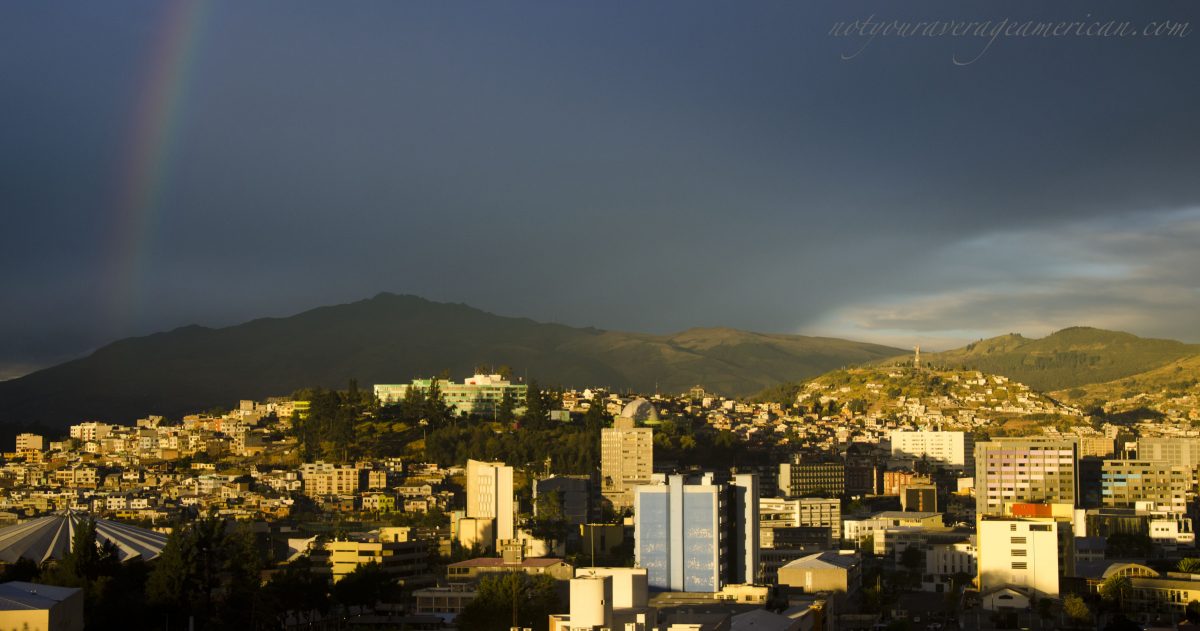
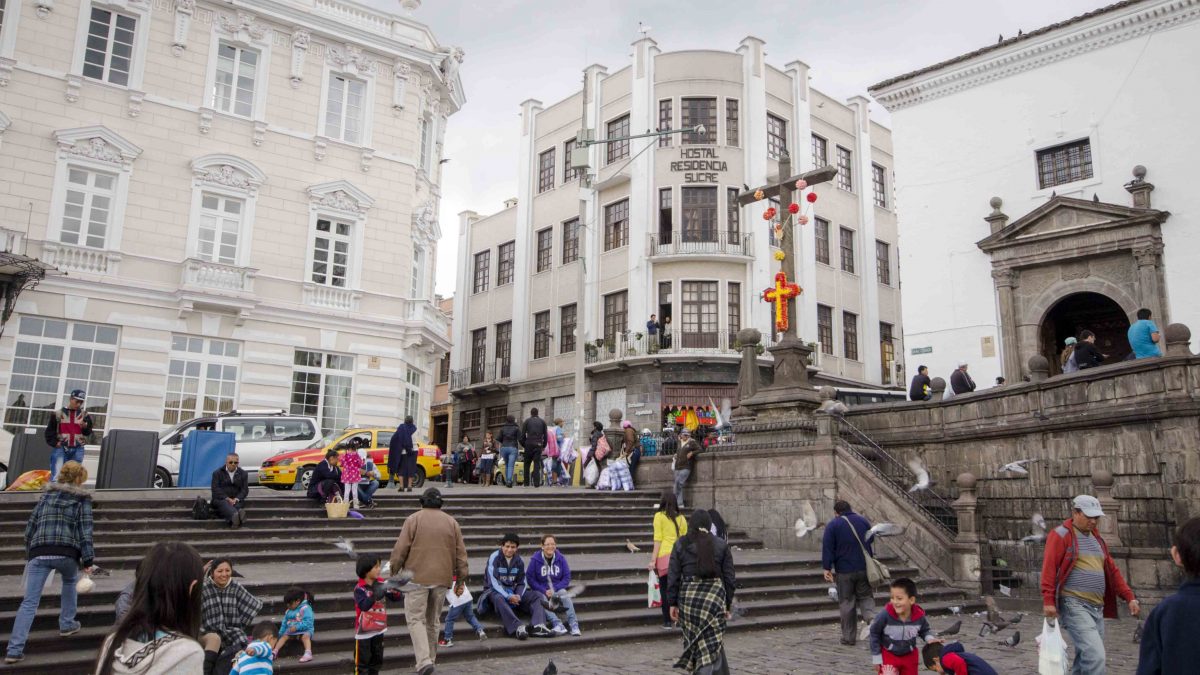

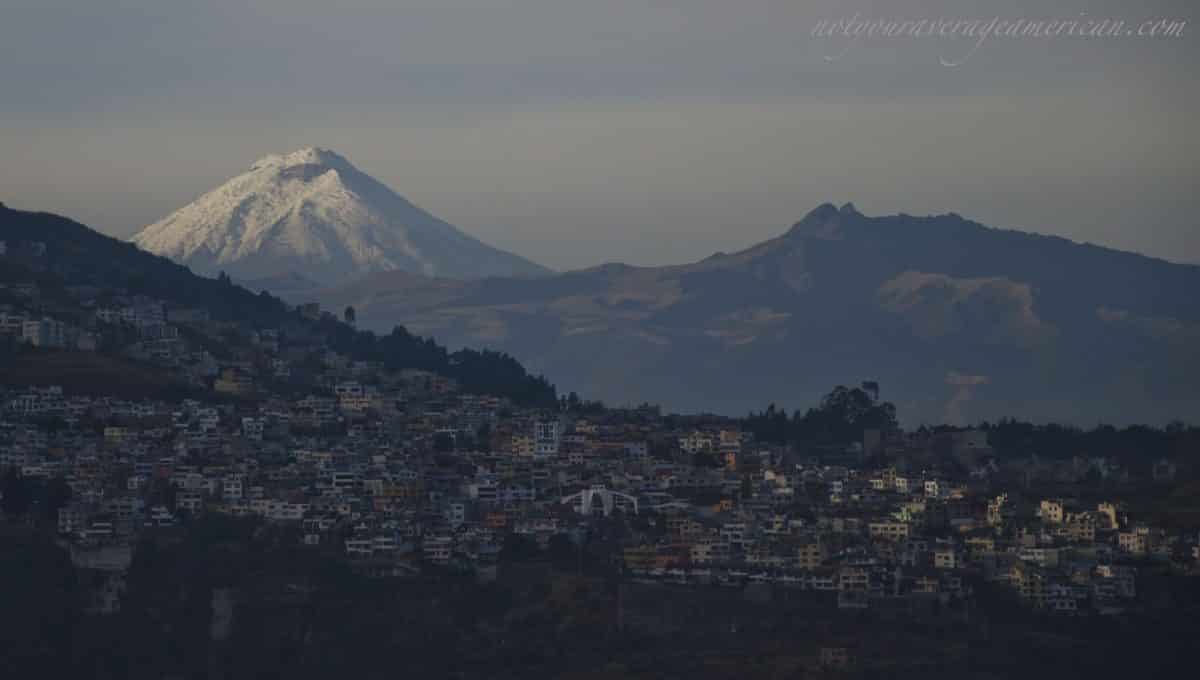
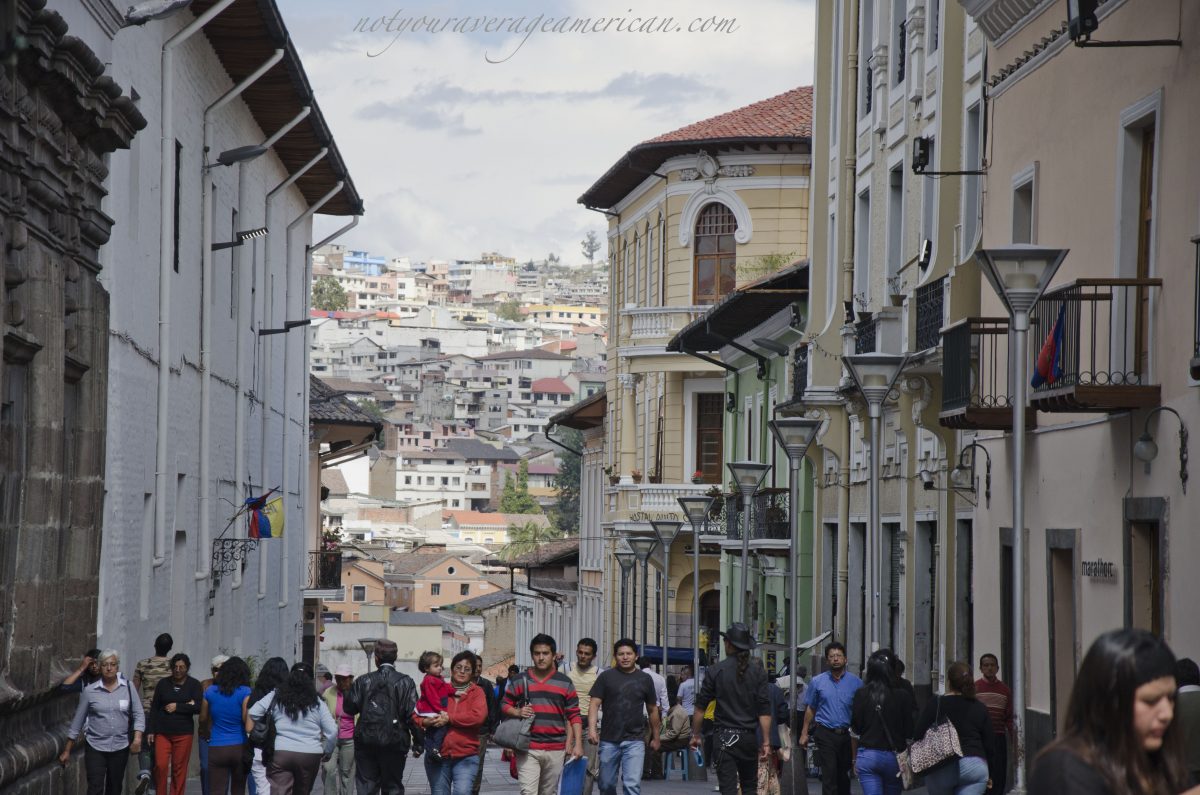

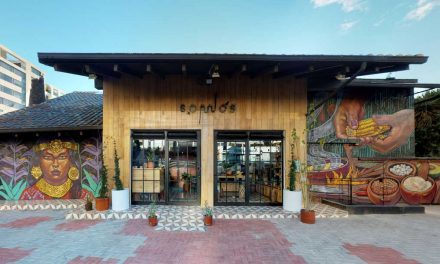

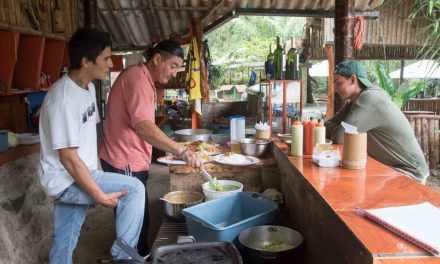
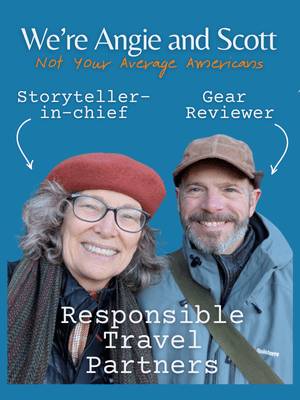
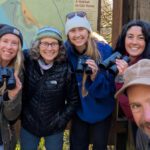


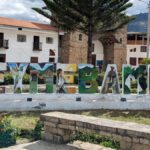

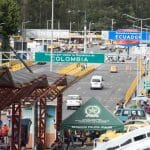

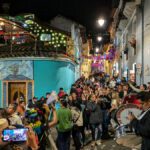








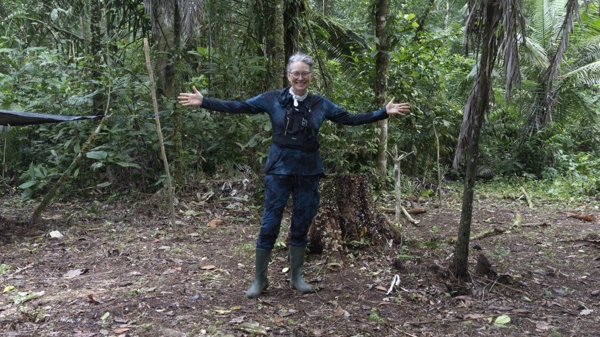
Hi Angie. I found your blog and thought it was great. My husband and I are planning to move to Quito for one year. What neighborhoods do you recommend? We would like to save on rent but stay safe. Thanks!
You will have lots of great options – we have friends that have recently rented in the Mariscal district, which I would have thought to be loud and dangerous but they found a beautiful quiet street with an historic home for a good rental price. They love it! It is close to cafes and restaurants, many of which have a European feel because of the nature of the neighborhood. Another neighborhood with restaurants and cafes but with a more modern feel is Gonzalez Suarez. Lots of apartments with great views of Quito in one direction and of the valley in the other. Some apartments even offer views in both directions. Parque Carolina is another neighborhood to consider – the park is a wonderful option for day time walking. It is central to the city and buses are easy to catch to just about anywhere. It is walking distance to one of the largest grocery stores in town, the MegaMaxi. Again, tons of restaurants and cafes.
These three places all intermingle business and living space in a ways that make it easier to manage Quito without a car. If you have a car or are willing to hire taxis, you may consider living further away in North Quito (Jardines del Batan, Montesserin, Quito Tenis). Some new places are also opening up in the Historic Center though we do not know anyone who has lived there. It would be a dream place to find a safe apartment in this district.
One of the benefits of apartment living here in Quito is that most apartment buildings have a portero who controls access to the building and provides an extra level of safety that is hard to come by when renting a house.
If you are on Facebook, I would consider joining these groups: Ecuador Expats and Expats in Quito, Ecuador. Lots of experienced expats with lots of great advice!
Your blog is a wonderful resource! I am an independent woman dreaming/planning a trip to Quito–> Galapagos and safety is certainly a concern. Thanks for the tips!
Thrilled that you find the blog helpful! Independence is a plus for traveling here. And so is patience. But with those two skills, I think you won’t regret the trip!
Hey, all that stands between Ecuador and a tourist gold mine is traveler safety. IMHO that is the problem that stands in Ecuador’s way. Lord knows, as do I, it is his most favored space (no oil,please). I never felt insecure in Barcelona, praise who’eva .
The recent additions of all the cameras in public transportation is supposed to make it much better… I have a wait and see approach. As long as the divide between rich and poor is so great, I think we will see theft. That said, I hear of new incidents in US cities all the time. As we were leaving Washington DC, they Metro Police were warning folks about using smart phones near the escalators because of the snatch and grabs.
Barcelona had similar warnings, probably most major cities, but we did all right. We tend not to stay out past our bedtimes anyway, so no late night anything.
Even in Barcelona? I remember not being able to eat before 8pm! Here in Quito, most restaurants are dead quiet by then. Locals love to eat lunch and dinner at home.
I’ll get a body guard when I come visit. Nothing could ever dissuade me from traveling to your lovely country! 😉
It’s a mixed bag giving travel warnings! Like I said, we haven’t had issues but I think our radar is pretty highly tuned after Buenos Aires. But if you follow the expat pages on Facebook, there are enough issues that it has to be mentioned.
When you decide to come, let me know! Maybe I could tag along. I wouldn’t make a great body guard but I know where the good birds are hiding 🙂
It’s a date 😉 🙂